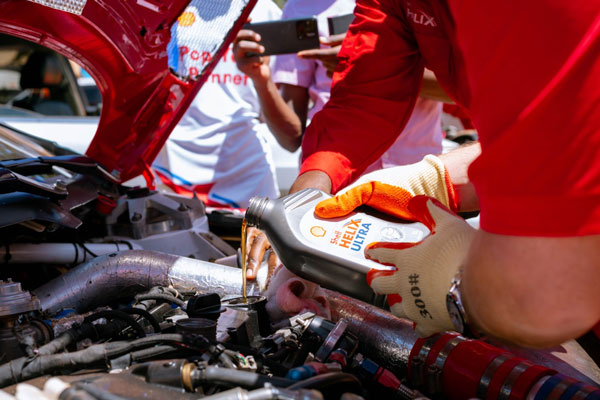Tips for maintaining car in good condition
By following these tips and adopting a proactive approach to maintenance, you can keep your car running smoothly and minimize unexpected repairs.

Keeping your car in good condition not only enhances its longevity but also ensures safer and smoother rides. Here are some essential tips for maintaining your car effectively:
1. Stick to a Regular Maintenance Schedule
- Follow the maintenance schedule outlined in your car’s owner’s manual. Scheduled services typically include oil changes, tire rotations, and inspections, which help prevent costly repairs.
2. Change the Oil and Oil Filter Regularly
- Regular oil changes keep the engine running smoothly by reducing friction and wear. Check your manual for the recommended interval, often every 5,000 to 7,500 miles, depending on the type of oil and vehicle.
3. Keep Tires Properly Inflated
- Check tire pressure monthly or before long trips, as improper tire pressure can affect fuel efficiency, handling, and tire longevity. Use the recommended tire pressure listed on your driver’s door or in the manual.
4. Check and Refill Fluid Levels
- Regularly inspect and top off essential fluids: engine oil, coolant, brake fluid, power steering fluid, transmission fluid, and windshield washer fluid. Low fluid levels can lead to engine damage and reduced performance.
5. Replace Air Filters
- Change the engine air filter every 15,000 to 30,000 miles (or as recommended) to keep the engine running efficiently. Cabin air filters should also be replaced regularly to maintain good air quality inside the car.
6. Keep Battery Terminals Clean
- Inspect your battery for corrosion, which can affect its performance. Clean the terminals if you see white or bluish powder. Replace the battery every 3-5 years or when you notice starting issues.
7. Rotate and Balance Tires
- Rotate your tires every 5,000 to 8,000 miles to promote even wear. Balanced tires ensure a smoother ride and improve fuel economy.
8. Wash and Wax the Exterior Regularly
- Regularly washing your car removes dirt, salt, and grime that can lead to rust and paint damage. Waxing twice a year protects the paint and gives your car a fresh, polished look.
9. Maintain the Interior
- Clean and vacuum the interior regularly. Use protectants on the dashboard and upholstery to prevent fading, cracking, and wear. A clean interior makes the car more enjoyable and retains resale value.
10. Inspect Brakes Frequently
- Check brake pads, rotors, and brake fluid regularly. Unusual sounds, vibrations, or a change in braking performance are signs that it’s time for a brake inspection.
11. Replace Wiper Blades Annually
- Replace wiper blades every 6-12 months or if you notice streaking or squeaking. Functional wiper blades improve visibility in rain and snow, contributing to safer driving.
12. Listen to Your Car
- Pay attention to unusual sounds or vibrations. Any grinding, knocking, or squealing can indicate potential issues that should be addressed promptly.
13. Use Quality Fuel and Check the Fuel System
- Using the right type of fuel and high-quality additives when necessary helps keep the fuel system clean. Replacing the fuel filter as recommended will help improve fuel efficiency.
14. Avoid Hard Starts and Stops
- Driving gently, especially in stop-and-go traffic, reduces wear on the engine, transmission, and brakes. Sudden accelerations and stops can strain these parts and increase fuel consumption.
15. Inspect Belts and Hoses
- Check belts and hoses for cracks, leaks, or signs of wear. Replace them as needed to prevent breakdowns. Serpentine belts and timing belts often have specific replacement intervals.
16. Stay on Top of Recall Notifications
- Register with the manufacturer for recall notifications or check the NHTSA website regularly to ensure your vehicle is up to date on any safety recalls.
17. Keep Detailed Maintenance Records
- Maintaining a log of all services, repairs, and replacements can help you keep track of the car’s health and may also boost its resale value.
18. Avoid Overloading
- Excessive weight strains the engine, brakes, and suspension. Keep your car within its recommended weight limit for better performance and efficiency.
By following these tips and adopting a proactive approach to maintenance, you can keep your car running smoothly and minimize unexpected repairs. Regular care also helps maintain your vehicle’s resale value and ensures a safer, more enjoyable driving experience.
Do you have an advertisement or article you want to publish? Mail us at theugreports@gmail.com or WhatsApp +256394700683.





